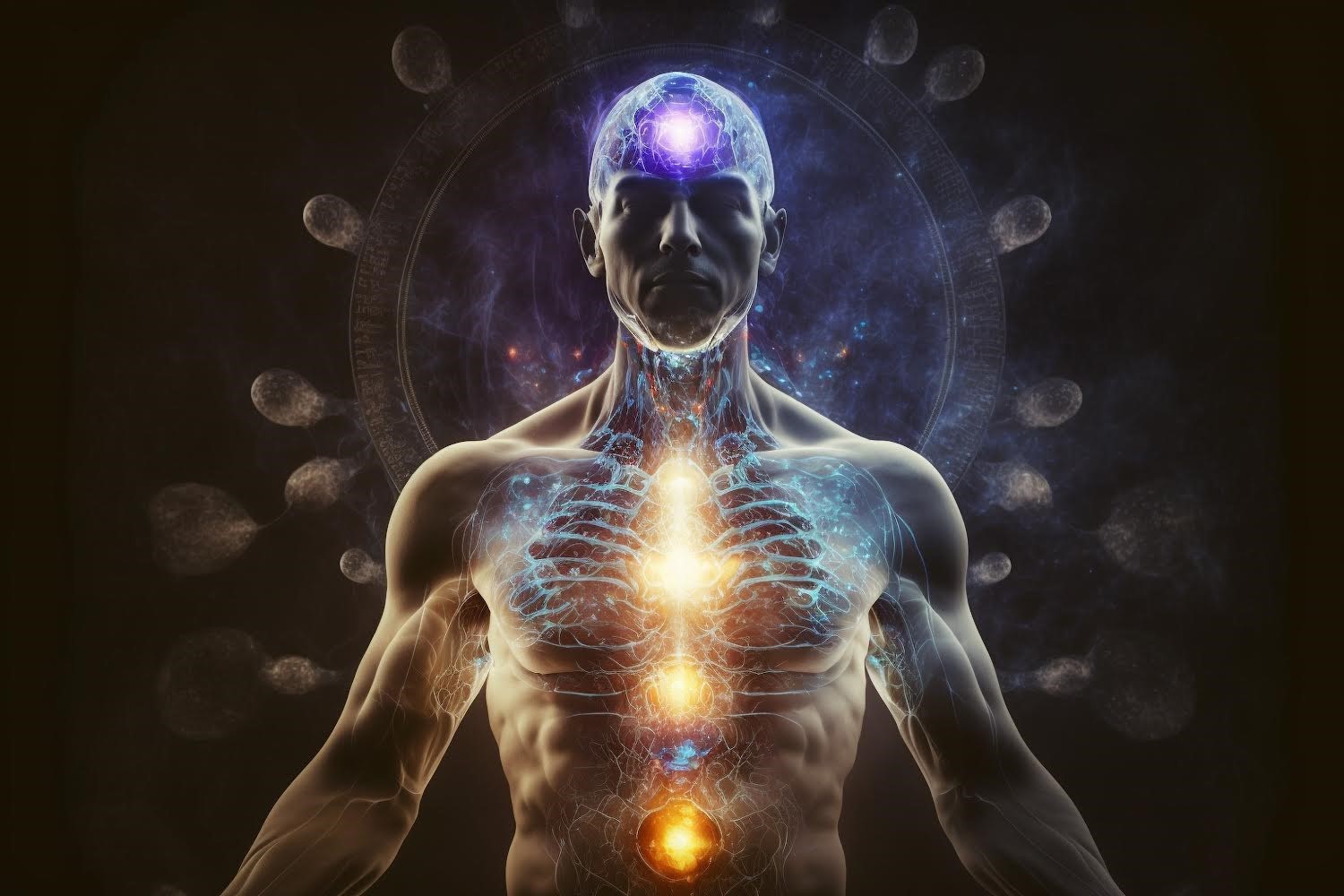Physical fitness refers to the ability of an individual to carry out their daily activities with ease and without undue fatigue. In addition to the physical benefits, regular exercise has been shown to have a significant impact on mental health, providing a range of benefits that can improve one’s quality of life. In this article, we will explore the ways in which fitness improves both physical and mental health.
How Fitness Enhances Your Physical and Mental Well-being
Physical fitness refers to the ability of an individual to carry out their daily activities with ease and without undue fatigue. In addition to the physical benefits, regular exercise has been shown to have a significant impact on mental health, providing a range of benefits that can improve one’s quality of life. In this article, we will explore the ways in which fitness improves both physical and mental health.



